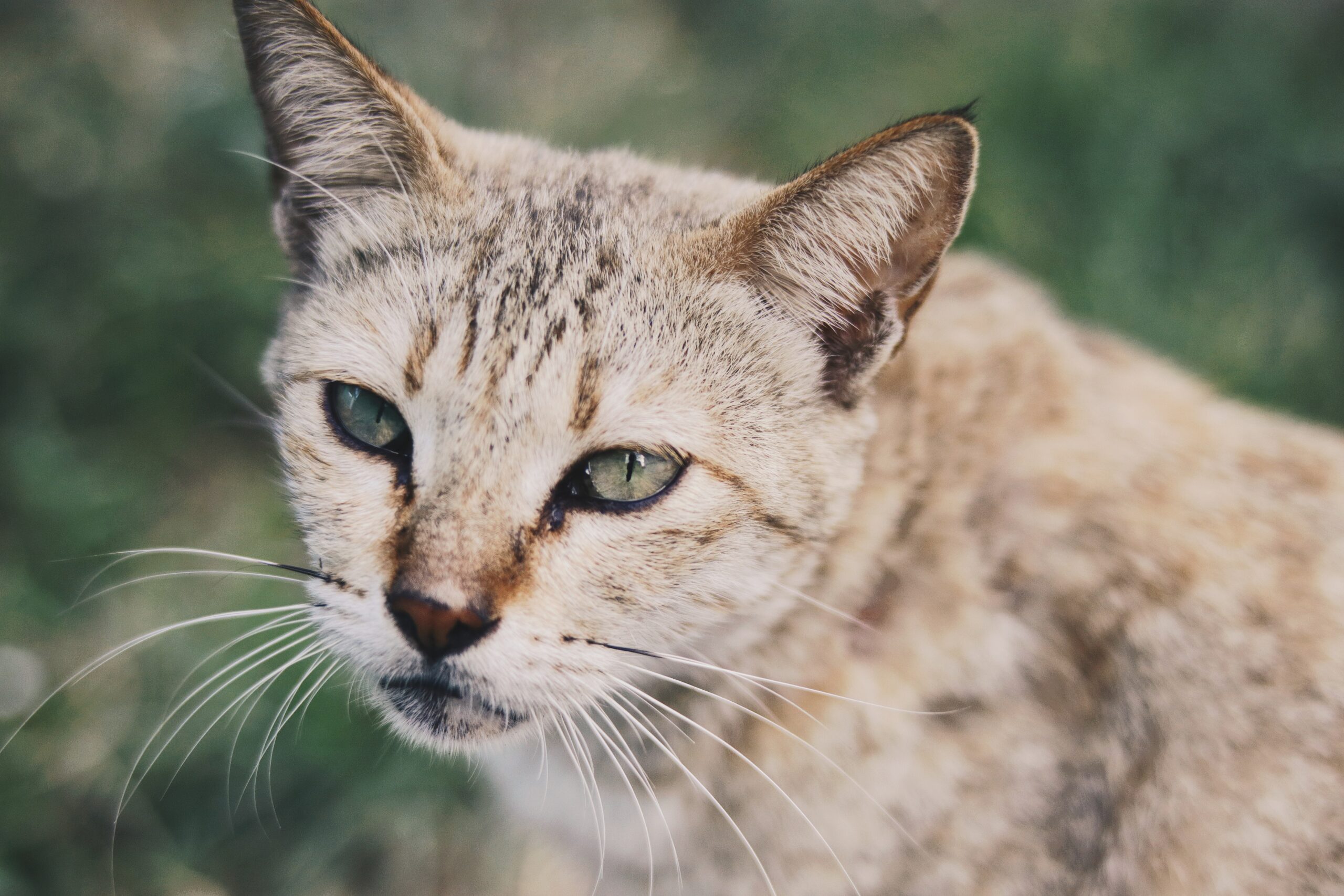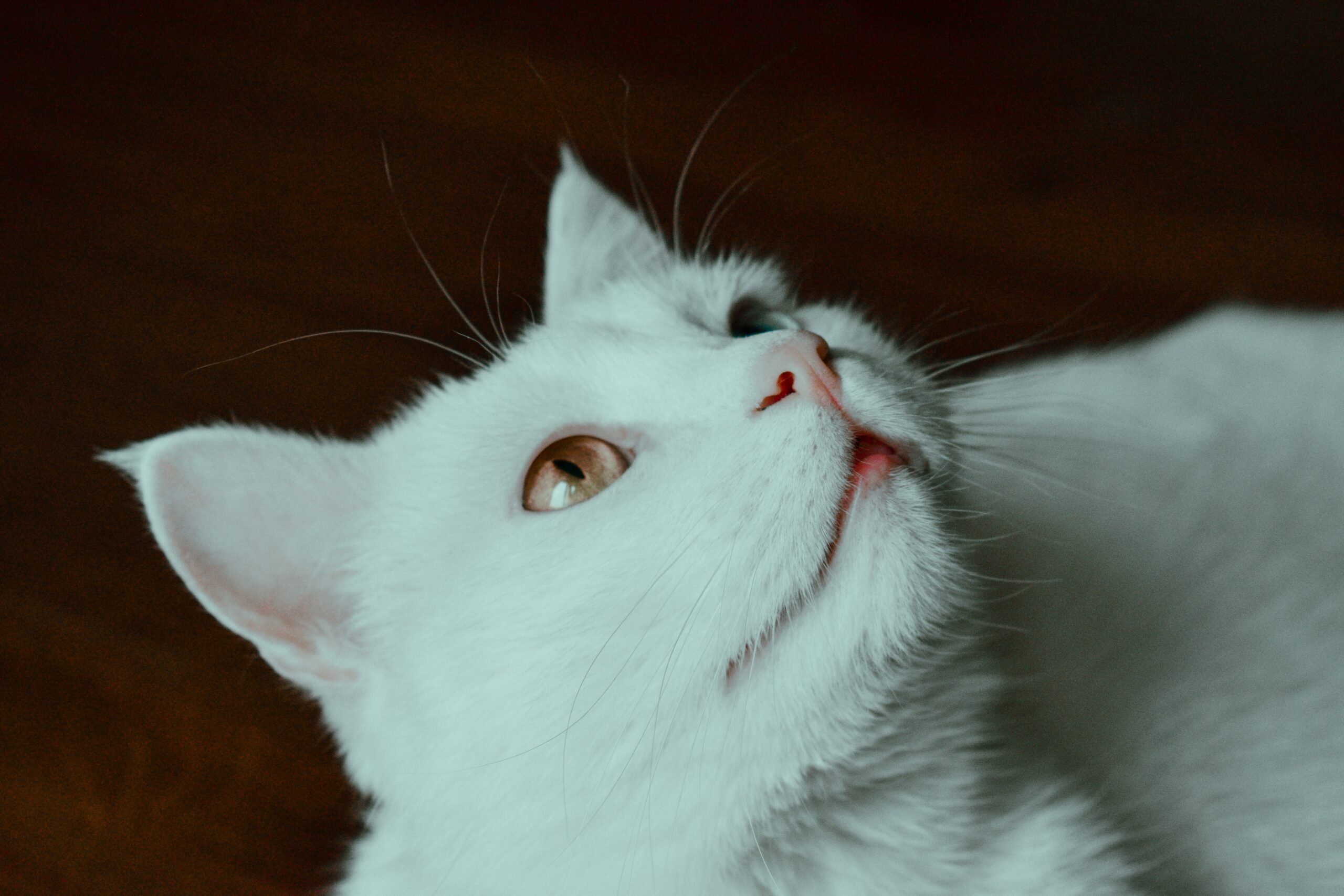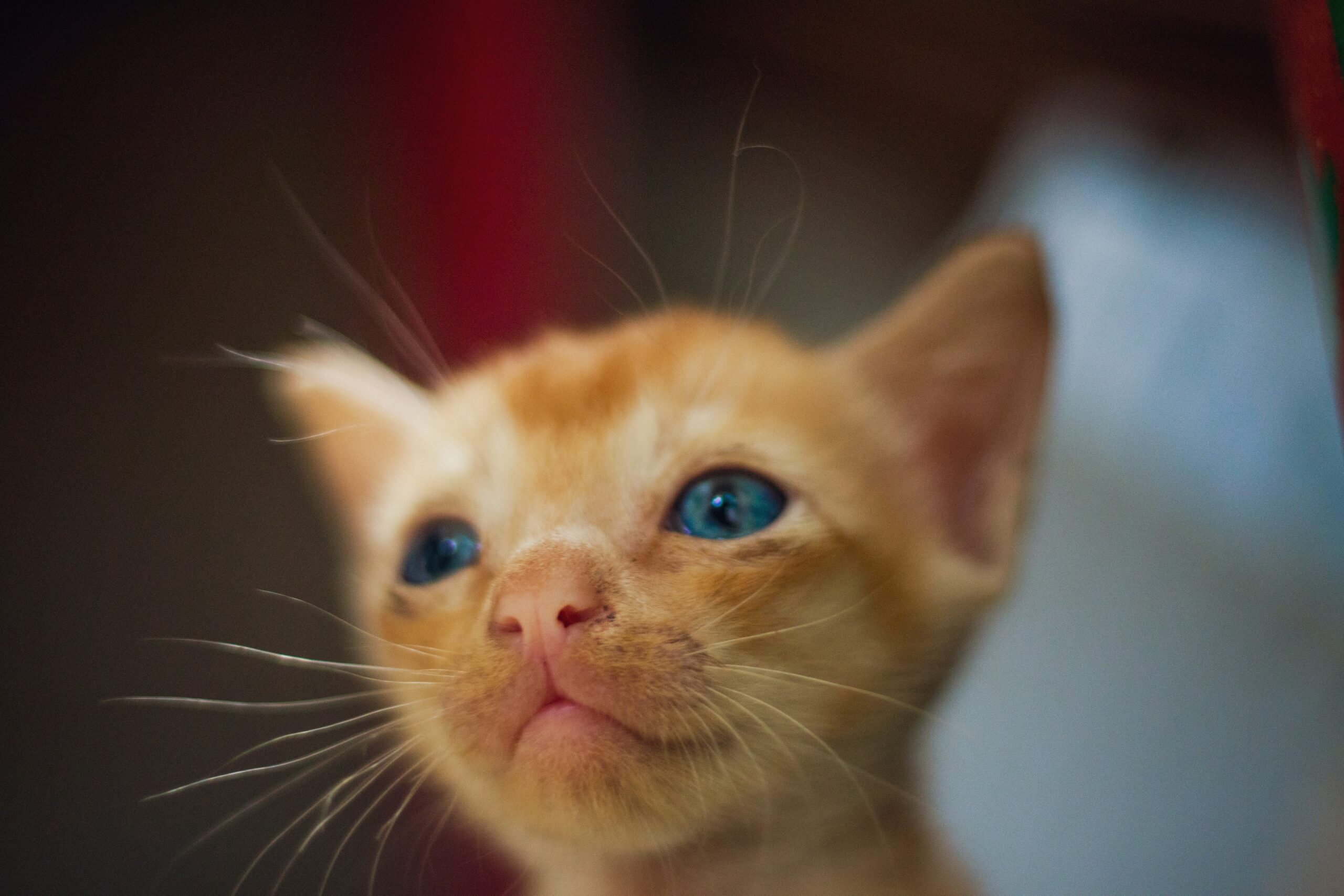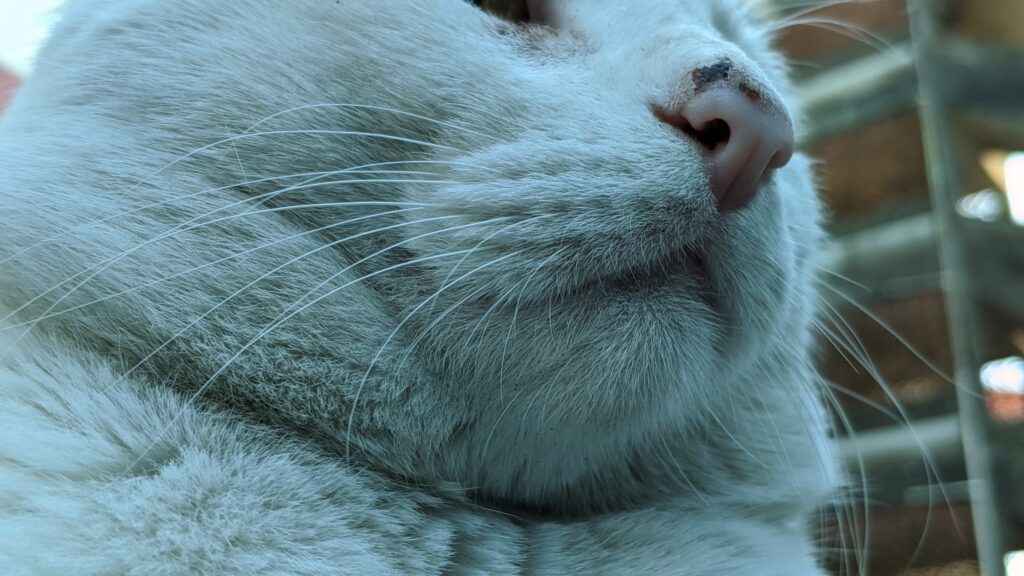If your cat is bleeding from the nose, it can be a cause for serious concern. In this article, we will take a look at the causes of nosebleeds in cats, and how you can go about treating them. We will also discuss some preventative measures that you can take to help keep your cat healthy and free from nosebleeds.
Let’s get started!
Another interesting read: Cat Feet – 8 Interesting Facts That You Should Know
Table of Contents
Cat Bleeding From Nose- What Is It?

As the name suggests, nose bleeding in cats is bleeding that occurs from your cat’s nose. It can be caused by a wide range of different factors, including trauma to the head, injury to the nasal bone (such as when you hit it with a door), respiratory infections, and even more serious issues like growth inside your cat’s sinuses or nasal passages.
More on these causes in a moment.
There are two main types of nosebleeds in cats: epistaxis (nose bleeding) and subdural hematoma (blood clotting). While both can be caused by many different things, you should always consult a veterinarian if your cat is experiencing either one of these symptoms.
What Causes Cat Bleeding From Nose?

There are many potential causes of cat bleeding from the nose. Some are minor and easily treated, while others can be life-threatening. In order to determine the cause of your cat’s bleeding, it is important to consult with a veterinarian.
Some common causes of nasal bleeding in cats include:
Nasal Trauma Or Injury
One of the most common causes of nasal bleeding in cats is trauma or injury to the nose. This can be caused by a number of things, including but not limited to: foreign objects lodged in the nose (such as sticks or pebbles), getting hit with an object (like a ball), burns from hot liquids, frostbite and being stepped on. Injuries can also occur from being hit by a vehicle or falling from a height.
Nasal Tumors And Cancer
Cancer is one of the most common causes of nasal bleeding in cats. This condition is usually caused by non-malignant, benign tumors that originate on the surface of the nose, known as squamous cell carcinoma (SCC), or in the mucosal tissue of the nasal cavity.
Another interesting read: How to Get Rid of Cat Poop Smell and Mess At Home or In the Cat Litter Box?
These tumors grow slowly and may not be noticed until they are large enough to cause symptoms such as a bloody nose and sneezing. Cancer usually starts out benign but can become malignant over time.
Head Trauma
One of the most common causes of cat bleeding from the nose is head trauma. This can be a result of a fall, being hit by a car, or any other type of accident. If your cat has suffered any kind of head trauma, it is important to take him to the veterinarian immediately for evaluation and treatment.
Bleeding from the nose is just one of the many potential symptoms that can occur after a head injury. Other signs may include vomiting, seizures, or changes in behavior. If your cat has any of these symptoms, don’t wait to seek veterinary help; he may have a life-threatening injury.
Viral Infections
There are a number of viral infections that can cause cats to bleed from their noses. Herpes virus and calicivirus are two of the most common, and both can be deadly to cats. Other viruses that may cause nosebleeds in cats include feline leukemia virus, rabies, and infectious peritonitis.
Any one of these viruses can cause extensive damage to the delicate tissues in a cat’s nose, leading to hemorrhaging and subsequent bleeding.
Another interesting read: 20 Beautiful Medium Hair Kitten Breeds
All of these infections are highly contagious and can be spread from one cat to another through contact with saliva, blood, or other body fluids. In some cases, cats may become infected simply by exposure to areas where sick cats have been.
For example, cats can contract herpesvirus from contaminated food dishes and water bowls. The best way to protect your cat from these viruses is through vaccination.
Dental Disease
Perhaps the most common cause of nosebleeds in domestic cats is dental disease. In its early stages, dental disease may not cause any visible signs or symptoms.
However, as the disease progresses, it can lead to inflammation and infection of the gums and other tissues in the mouth. This inflammation can irritate the delicate nasal membranes, causing them to bleed. Dental disease is particularly common in cats that are allowed to eat hard foods, such as crunchy kibble or raw meat.
Anxiety
Anxiety is one of the most common causes of cat bleeding from the nose. Cats that are anxious or stressed tend to have a higher blood pressure, which can lead to nose bleeds. This is especially true in cats that are prone to anxiety, such as those who were recently adopted or moved to a new home.
Another interesting read: Cat Teeth Grinding: Cause And Solutions
If your cat seems particularly anxious or stressed, try to provide them with a calm and relaxing environment. You may also want to consider talking to your veterinarian about medications or supplements that can help reduce your cat’s anxiety.
Allergens
The most common cause of a cat bleeding from the nose is allergens. Cats are allergic to dander, pollen, and dust particles in the air and it can cause them to sneeze which can lead to blood coming out through their noses.
It may take some time for your furry friend’s immune system to develop resistance towards the allergens, so during this period, you will have to keep your home clean and free from any traces of dust and pollen.
You can also buy an air purifier to reduce the number of allergens in the air. If your cat is still having problems with bleeding nose even after taking all these precautions, then it is best to take him to see a vet and get him some treatment for his allergies.
What’s The Treatment of Cat Bleeding From Nose?

A bleeding nose is an alarming symptom that can be caused by several different things. In cats, a bloody discharge from the nose may result from inflammation of blood vessels in the nasal mucosa (nasal hemorrhage), trauma to the nose or head such as a bite wound, bacterial rhinitis (“stuffy” or runny nose), or tumors.
Another interesting read: How to Slow Down Cat Eating?
It is important to determine the underlying cause of a cat’s nosebleed in order to provide appropriate treatment.
Below are some suggestions in this regard:
Icing And Pressure :
If the bleeding is recent and minor, you can try to stop it by applying gentle pressure with a clean cloth or tissue. You can also place an ice pack on the bridge of the nose for about 15 minutes. This may help reduce swelling and slow down the bleeding.
Anti-inflammatory Medication:
Your veterinarian may prescribe anti-inflammatory medication to reduce the nasal inflammation and swelling that are contributing to the bleeding. This usually works well if an infection or irritation is causing your cat’s nosebleed, but other treatments will be needed for more serious conditions such as tumors or injuries.
Nasal Decongestant:
If your cat suffers from a runny nose due to a nasal infection, your veterinarian may prescribe a nasal decongestant. This will help shrink the swollen blood vessels and stop the bleeding.
Corticosteroids:
If the cause of the nosebleed is an allergic reaction or some other type of inflammation, corticosteroids may be prescribed to reduce the inflammation and stop the bleeding.
Antibiotics:
If an infection is causing your cat’s nosebleed, antibiotics will be prescribed to treat it and prevent complications such as chronic sinusitis (infection of the paranasal sinuses) or bacterial rhinitis.
Surgery: If the cause of your cat’s nosebleed is a nasal tumor, surgery will be necessary to remove it.
Wrapping Up
If your cat is experiencing any type of bleeding from the nose, it is important to take him or her to the veterinarian for an evaluation.
Treatment will depend on the underlying cause but can include anything from gentle pressure and ice to surgery and antibiotics. With appropriate treatment, most cats will make a full recovery from a bloody nose.
This was an overview of the possible treatments for a cat with a bleeding nose. For more detailed information on each of these treatments, please talk to your veterinarian. Thank you for reading!

